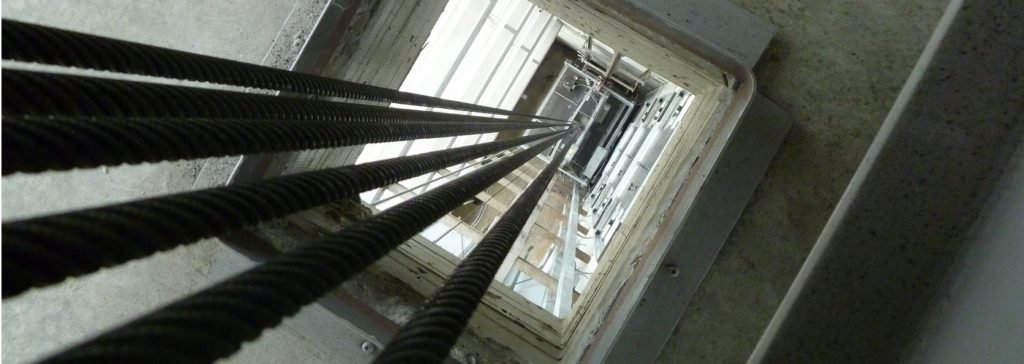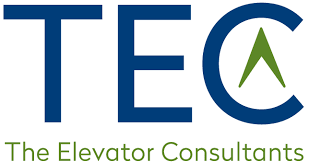Among the industries that are most in need of elevator consulting is the hospital industry. We have found in our work that oftentimes hospital elevators and escalators are grossly neglected.
Common Compliance Issues in Hospitals
The hospitals can be in violation of many safety issues including annual safety tests, safety lighting, maintenance logs, and fire service, just to name a few. Hospitals often need to comply with their local City and Fire Safety codes as well as Joint Commission, Medicare, and Medicaid regulations. Yet, we may find violations in many hospitals that we work with. Ironically, hospitals have the most sophisticated technologies to save lives and have high standards of excellence, yet they may be jeopardizing the general public, their staff, and their patients daily when it comes to their elevators and escalators!
How The Elevator Consultants Can Help
If you work for a hospital, one option is to reach out to The Elevator Consultants for a consultation. We can audit and inspect the work that is (and isn’t) being done and provide recommendations to improve vertical transportation and efficiency. Indeed, we have been consultants for major elevator modernization efforts as well.
Example of Mismanagement and Overspending
An Extreme Case of Neglected Elevator Maintenance
Here’s an example of an extreme denial of spend at a major hospital, including a Children’s hospital in downtown Chicago. Working as the elevator consultants for the project, we were able to uncover over $2.5 million of careless spending within 2 months. The hospital purchased a building that had over $400K in needed elevator repairs. The hospital was aware of this at the time of purchase and did not receive any compensation for this. The hospital failed to conduct several tests, resulting in an overspend of over $2 million annually. The elevator service provider benefited greatly from these margins, and the facility management company was also impacted. Our objective on this type of project is to identify wasteful spending and improve the ROI.

Potential Conflicts of Interest in Elevator Consulting
Working for the building owners, we can act in their interest and uncover hidden conflicts of interest among various actors. For example, hospitals can be bureaucratic and often have major property management firms as intermediaries. There are also Group Purchasing Organizations that may be involved; however, this was not the case here. These major property management firms often lack elevator experience and true fiduciary responsibility to the hospitals. They operate with budgets that do not scrutinize or evaluate elevator costs, as the complexity of elevators or escalators is not well understood. Elevators are considered a “black hole” in buildings since building engineers are not licensed to work on them, leading to ongoing issues being shuffled around until the next management change or until a violation occurs.
Improving Hospital Elevator Management
When hospitals have a Center of Excellence or best practices within their organization, evaluating all areas of operations is critical. Joint Commission and Department of Public Health Medicare and Medicaid should enforce that this work is completed before allowing hospitals to operate. Hospitals can implement great control, transparency, and accountability to save money and taxpayers while maintaining safety.
In one case, we assisted a major hospital in getting accurate information on its expenditures and issues. If you are in the hospital industry and looking for one of the top elevator consulting firms, we can help.
